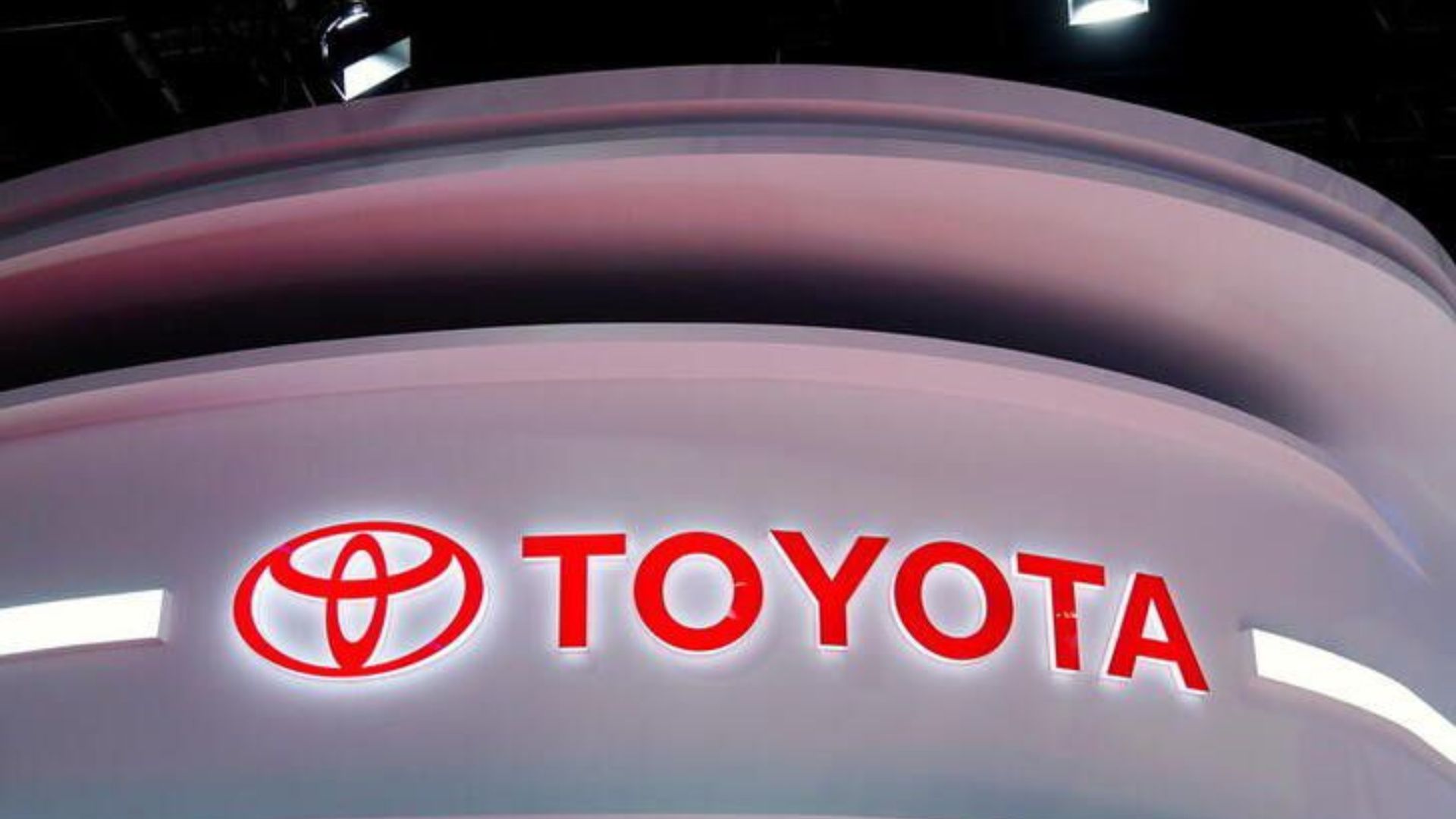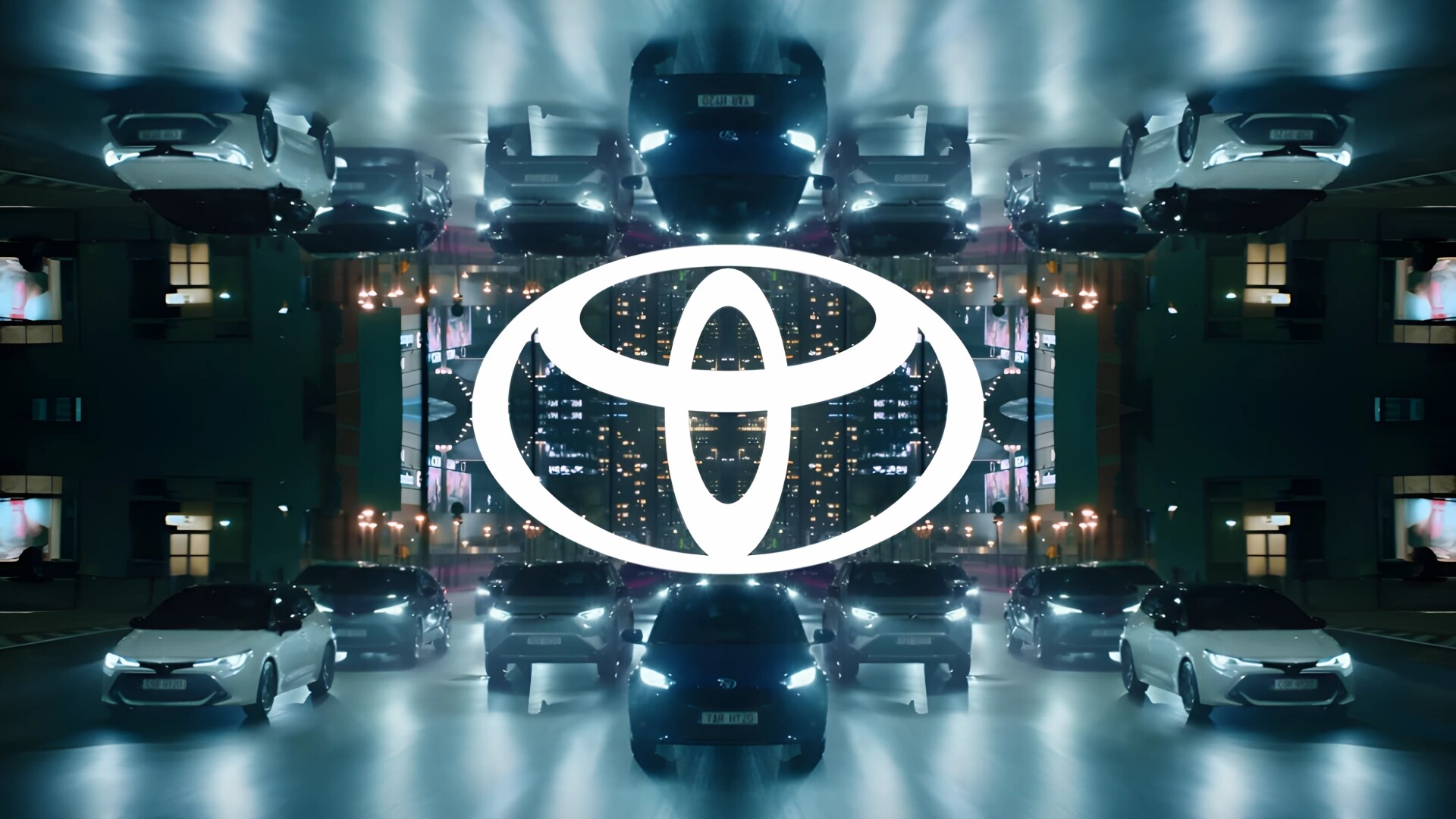Toyota just announced record profits of $34.5 billion, and they’re putting it towards the future. Their new CEO is focusing on electric vehicles (EVs) and artificial intelligence (AI), areas where Toyota hasn’t been as active as others.
Toyota has been a leader in hybrid cars, but they’ve been quieter about EVs. This investment will change that. They’ll be putting $11.2 billion towards developing new EVs and AI software, a big jump from what they’ve spent before. This will slow down their release of new models in the short term, but Toyota says it’s necessary to stay competitive in the long run.
Investing in EVs makes sense. While Toyota believes hydrogen fuel cell technology is the ultimate goal, they recognize EVs are important right now. They need to keep up with other car companies that are making a big push into electric vehicles.

The investment in AI might seem strange, but it’s a hot topic in the car industry. Many car companies are basically tech companies now, building cars with advanced software features. By investing in AI, Toyota is following the industry trend. Even Elon Musk has a bold plan for Tesla’s self-driving robotaxi, nicknamed the Cybercab. He wants to test it out in China as part of their upcoming driver-assistance features rollout.
Chinese officials seem open to the idea, but there are still hurdles to jump. Tesla needs permission to collect data within China to train its software. They might team up with Baidu, a Chinese tech giant, to make this happen. One interesting detail: Tesla is looking to launch these robotaxi tests in Shanghai, where their biggest factory is located.
This robotaxi is a big bet for Tesla. They even put developing a cheap electric car on hold to focus on it. Originally, they planned to reveal the Cybercab in August, but investor pushback made them switch gears. Now, they’re looking to speed up development of their next-generation electric car platform.

Tesla’s approach is interesting. They typically like to move fast and learn from experience, even if it means making mistakes. They also need a lot of data to train their AI. So, a slow and careful rollout seems unusual for them.

